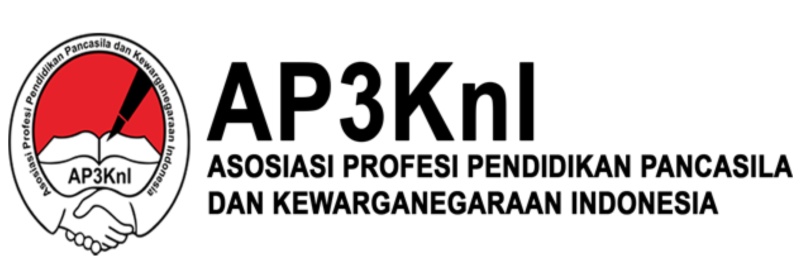PENGUATAN NILAI-NILAI TOLERANSI OLEH MAJLIS TAFSIR AL QUR’AN (MTA) PUSAT SEBAGAI UPAYA MENJAGA KERUKUNAN ANTAR UMAT BERAGAMA DI KOTA SURAKARTA
Abstract
Full Text:
PDFReferences
Arikunto, Suharsimi. (2013). Prosedur Penelitian Suatu Pendekatan Praktik.
Jakarta: Rineka Cipta
Baharuddin dan Wahyuni. (2010). Teori Belajar dan Pembelajaran. Jogjakarta:
Ar-Ruzz Media
Baidhawy. (2014). “Muatan Nilai-Nilai Multikultural dan Anti-Multikultural dari
Mimbar masjid di Kota Solo”. Jurnal Analisa. 21.
Baidi. (2010). Pengembangan Kerukunan Masyarakat Melalui Pendekatan
Agama. Jurnal Agama dan Multikultralisme. 6.
http://download.portalgaruda.org/article.php?article=8000&val=566.
Diperoleh pada 15 November 2018
Bimo, Walgito. (2004). Pengantar Psikologi Umum. Jakarta: Andi.
Darmadi, Hamid. (2007). Dasar Konsep Pendidikan Moral. . Bandung : Alfabeta
Huda, Nurul. (1997). Pedoman Majelis Taklim. Jakarta : KODI
Kiran, Shinde A. (2015). Religious tourism and religious tolerance: insights from
pilgrimage sites in India. Journal Tourism Revie,.70, 180. Diperoleh pada 3
November 2018 dari http://emeraldinsight.com/doi/pdfplus/10.1108/TR-10-
-0056
Lexy, J Moleong. (2000). Metodologi Penelitian Kualitatif. Bandung: PT Remaja
Rosdakarya.
Misrawi, Zuhairi. (2010). Pandangan Muslim Moderat. Jakarta : Kompas Media
Nusantara
Mulyana, Deddy. (2005). Ilmu Komunikasi Suatu Pengantar. Bandung : Remaja
Rosdakarya.
Peraturan bersama Menteri Agama Dan Menteri Dalam Negeri Nomor 9 Tahun
/ Nomor 8 Tahun 2006 Tentang Pedoman Pelaksanaan Tugas Kepala
Daerah/ Wakil Kepala Daerah Dalam Pemeliharaan Kerukunan Umat
Beragama
Poerwadarminta. W. J. S. (1979). Kamus Umum Bahasa Indonesia.Jakarta : PN
Balai Pustaka
Rahman & Khambali. (2013). Religious Tolerance in Malaysia: Problems and
Challenges. International Journal of Islamic Thought, 3, 4. Diperoleh pada
Maret 2017, dari http://www.ukm.my/ijit/IJIT%20Vol%203
%202013/7%20Nurfarhana%20Abdul%20Rahman%20IJIT%20Vol%203%
June%202013.pdf
Sapriya, dan Wahab A. Azis. (2011). Teori da Landasan Pendidikan
Kewarganegaraan. Bandung: Alfabeta.
Schunk, Daleh H. (2012). Teori-teori Pembelajaran: Perspektif Pendidikan.
Yogyakarta: Pustaka Pelajar.
Sugiyono. (2015). Metode Penelitian Pendidikan. Bandung : Alfabeta
Undang-Undang Dasar 1945 Negara Republik Indonesia
Undang-Undang Nomor 20 Tahun 2003 Tentang Sistem Pendidikan Nasional
Winarno. (2012). Paradigma Baru Pendidikan Kewarganegaraan. Jakarta : Bumi
Aksara.
Winataputra, Udin. (2001). Apa dan bagaimana pndidikan kewarganegaraan,
makalah lokakarya Civic Education Dosen IAIN/STAIN SeIndonesia,
Sawangan Depok
Wood, Julia T. (2013) Komunikasi Interpersonal Interaksi Keseharian, Edisi 6.
Jakarta: Salemba Humanika.
Refbacks
- There are currently no refbacks.







